China introduced an important reform to its death penalty system on 1 January 2007 by restoring the Supreme People’s Court (SPC) final review of all death sentences passed in China. The authorities claim the SPC have rejected 15 percent of death sentences passed by lower courts.
Official figures on death sentences and executions in China are considered state secrets. In 2007, Amnesty International recorded at least 470 executions but this number is based on available public reports and is an absolute minimum.
China executes more of its own citizens than all other nations in the world combined. There are 68 crimes in China punishable by death. Many of these "most serious" crimes are non-violent and white-collar such as fraud, bribery, embezzlement, arson and prostitution.Reliable estimates based on figures from local officials suggest that around 6,000 people were executed in 2007.
Around 68 crimes are punishable by death in China, including non-violent offences such as tax fraud, embezzling, accepting bribes and some drug-related crimes.
Torture and unfair trial no barrier to execution
Of extreme concern in China is that there is no way to rule out that torture has not been used in cases where a person pleads guilty and is later executed. Incommunicado detention, inadequate access to family and lawyers and closed trials are not uncommon.
Confessions extorted through torture, which frequently occur during first interrogations, are often used as evidence against the accused in court. A defendant is effectively required to prove their innocence rather than the prosecution being required to prove that the person is guilty.
"State secrets", often relating to political or religious issues, are a reason given for legal proceedings to be hidden from observers. It is behind these closed doors that grossly unfair trials are conducted. Even an extra layer of review before execution cannot remove the prospect of these unfair trials and torture occurring in the first instances.
But human rights activists accused Chinese prison authorities of selling the organs of prisoners who have been executed. Some people have become suspicious and claim that the lethal injection was chosen in order to better preserve organs for sale.China will start executing prisoners by lethal injection rather than bullets by the end of this year, state media said Tuesday.
This method is described as a new and more humane form of death penalty, raising China to the level of other modern nations.
Hu Yunteng, director general of the research bureau of the Supreme People's Court, told China Daily that lethal injections are considered safer.
“It is considered more humane as it reduces the criminals' fear and pain compared with gunshot execution,” Mr. Hu said.



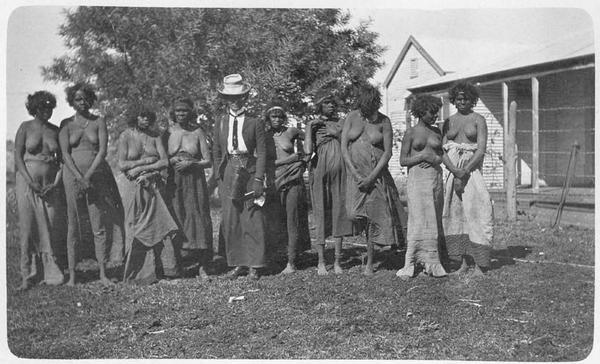






+copy.jpg)
































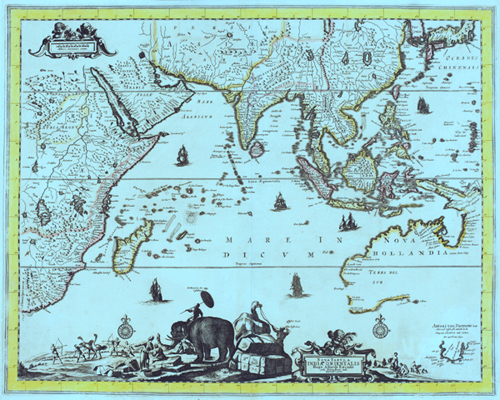

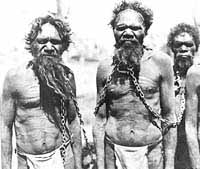
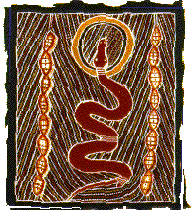


















.jpg)






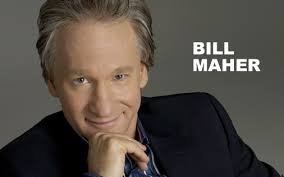



















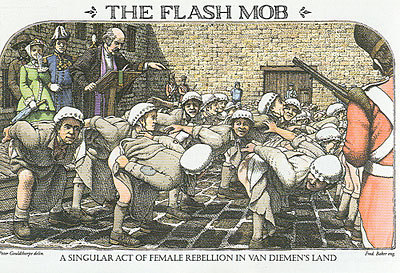
 G
G







.jpg)
















No comments:
Post a Comment